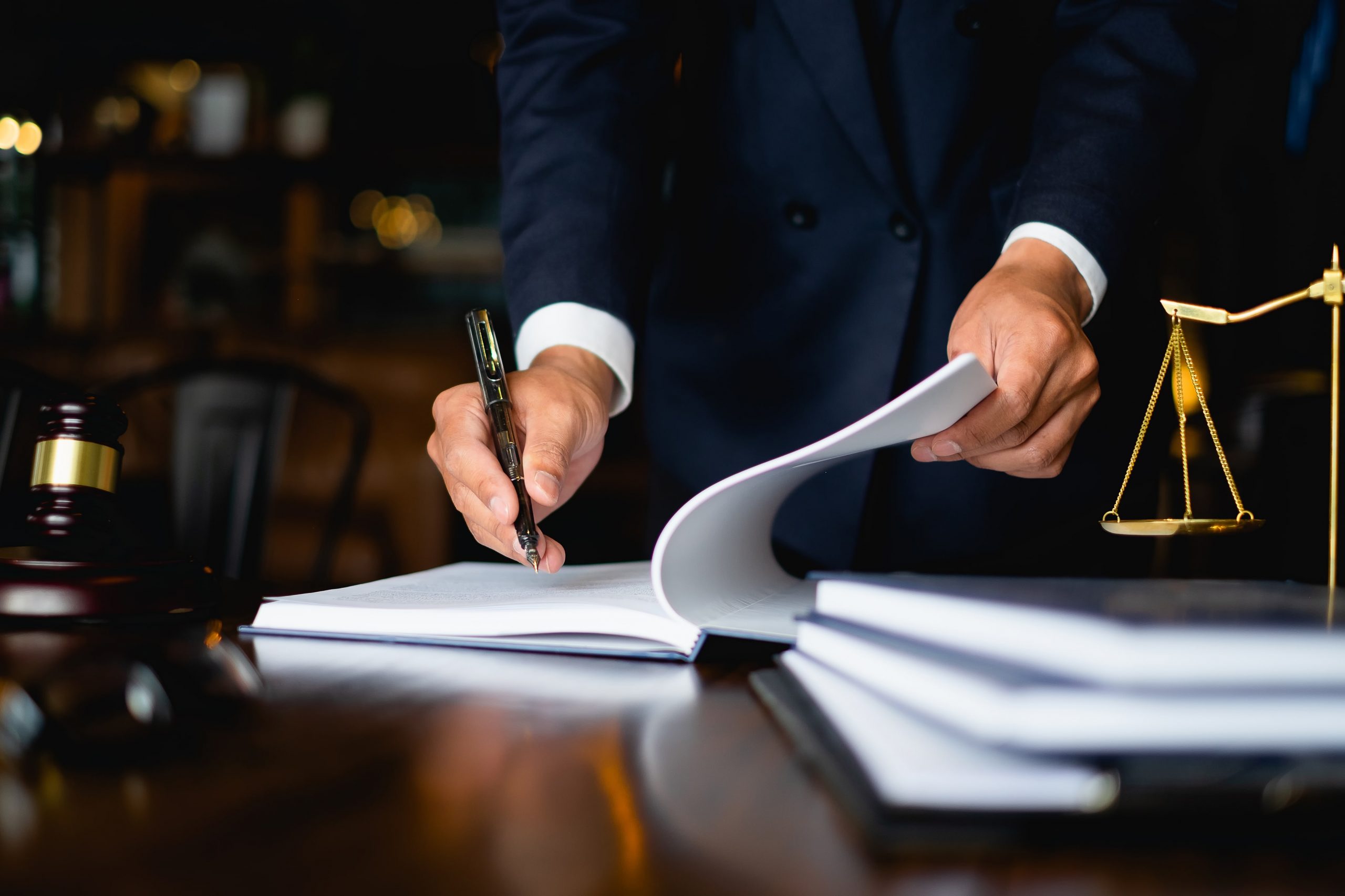Intention To Defraud By False Or Misleading Statement – s 192G Crimes Act 1900 (NSW)
Charged with intention to defraud by false or misleading statement is stressful. It can effect your job and travel plans if you receive a criminal record, or prison sentence. Our Sydney criminal defence lawyers specialise in fraud offences with a successful track record in proving their clients innocence in court, getting charges dropped early and avoiding a criminal record with s10 with over 20 years experience.
Call us now on (02) 8606 2218 to book a free first consultation with an experienced Fraud Defence Lawyer.
Your Options in Court
You can only be guilty of a charge of intention to defraud by false or misleading statement if police can prove each of the following elements:
- You dishonestly made or published a statement, or you agreed to do this; and
- The statement is false or misleading; and
- You did it with the intention of either obtaining property belonging to another, or obtaining a financial advantage or causing a financial disadvantage
You will be not guilty and your charge dismissed if police are unable to prove each of the above three elements of the offence beyond reasonable doubt.
Defences to this charge
You will be Not Guilty if:
- Honest and reasonable mistake of fact: By publishing or making the statement, you honestly believed, in circumstances it was reasonable to have held that believe, that the making or publishing of the statement was true.
- You did not publish or make, nor agreed to publish or make the statement
- The statement not false or misleading
- You had no intention of obtaining the property, obtaining a financial advantage or causing a financial disadvantage
- The property involved did not belong to another person at the time
- Necessity or Duress
You will be not guilty and your charge dismissed if any one of the above defences apply to your case. An experienced specialist fraud lawyer can quickly figure out your best defence, strengthen it early, and begin the process of negotiating with police to get your charge dropped early. Our senior lawyers have done this on countless occasions for over 20 years.
If you decide to plead guilty to a charge of intention to defraud by false or misleading statement, take careful note of the following critical tips on how to prepare and present your case to maximise your chances at getting the best possible outcome, and avoid a criminal record (s10).
25% Discount on punishment
Pleading guilty to a charge of an intention to defraud by false or misleading statement at the earliest time in your case will give you a discount on your punishment of up to 25%. This results in a more lenient punishment and much better result.
An early plea of guilty also allows the Judge to give leniency on the basis that it’s an expression of your remorse. The discount reduces the later you plead guilty, which is why it’s critical to get specialised advise early.
Good character references
Good character reference letters are expressions of your good character, remorse, shame and insight into you offending conduct which the Judge will read and consider giving further leniency. This results in a much better outcome in court.
Character reference letters should be from family, friend, employer, colleagues, charity and even includes a letter of apology from you. Our senior lawyers will guide you through the process by reviewing each one before giving it to the Judge.
Negotiate to drop charges
You can potentially convince police to drop or downgrade these charges at an early stage of the case. This can be achieved by being able to know the police evidence, pick all the holes in it, and then use this knowledge to approach police to negotiate. The way this is done will be different for each case.
Our lawyers have successfully convinced police to drop charges over the years. They are proud to specialise in getting charges dropped early and guarantee to maximise your chances to do the same.
Negotiate facts
By knowing the police evidence carefully, you can pick out all the holes in it to police and negotiate your way to change the police set of facts that the Judge will read when considering your punishment. By doing this, you can change the set of facts to make it more favourable to you, resulting in a much more lenient outcome.
The police set of facts is usually one sided because it’s initially drafted by the police expressing your offending behaviour which you plead guilty to. Do not let this be handed up by then without knowing that it says! Our senior lawyers will guide you in this process, and have successfully achieved this many times.
Psychologist reports
By getting a powerfully written psychologist or psychiatrist court report from a highly respected and experienced psychiatrist or psychologist, for the Judge to read, can significantly improve your court outcome with a much better result.
Our senior lawyers know to pick only the best suited psychiatrists and psychologists for any individual case. They will ensure that the main points to maximise your chances at the best possible outcome will be expressed in it, including your state of mind, your insight, remorse and shame.
Maximum penalty
The maximum punishment the court can impose for this offence is a term of imprisonment of up to 5 years if dealt with in the District Court. If dealt with in the Local Court, the maximum is up to 2 years.
The Judges rarely ever give the maximum punishment. The maximum is actually reserved for the most serious offenders, usually with lengthy criminal records.
Types of penalties
After all your lawyers preparation and presentation of your case to the Judge, the Judge will decide on giving you any one of the following types of punishment:
- Section 10 Dismissal
- Conditional Release Order
- Fine
- Community Correction Order
- Intensive Correction Order
- Full Time Imprisonment
Speak to a specialist fraud lawyer now for highly experienced and specialised realistic advice on your case. Our Sydney team regularly appear in court for these charges, and know exactly how to powerfully prepare and present your case to getting you the best possible outcome.
Call us now on (02) 8606 2218 to book a free first consultation with an experienced Fraud Defence Lawyer.
 (02) 8606 2218
(02) 8606 2218








